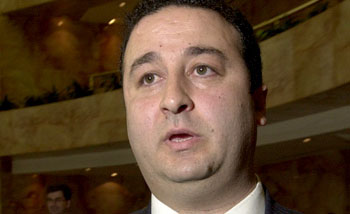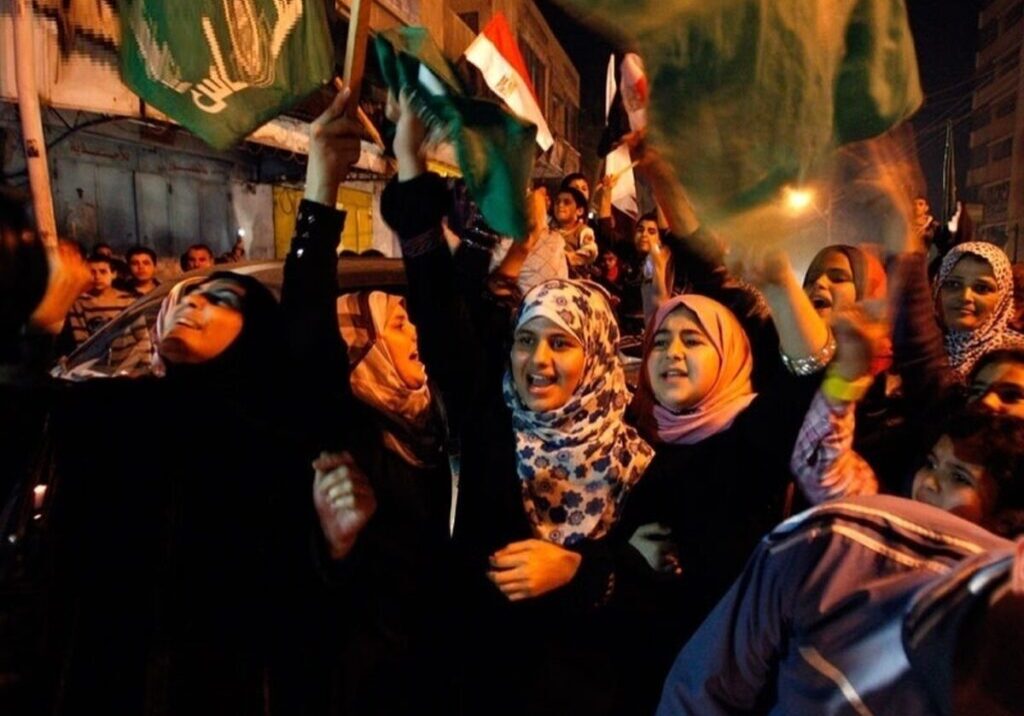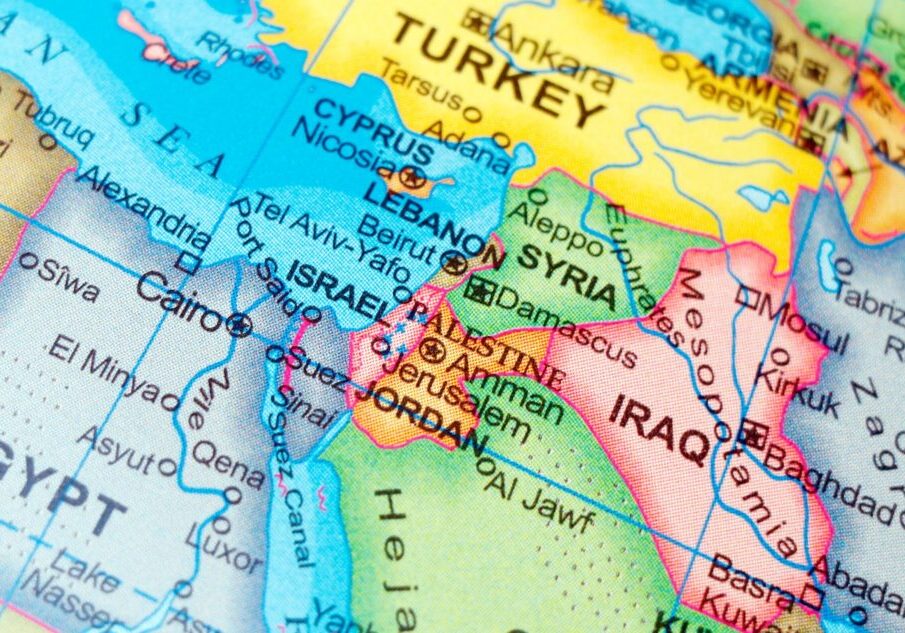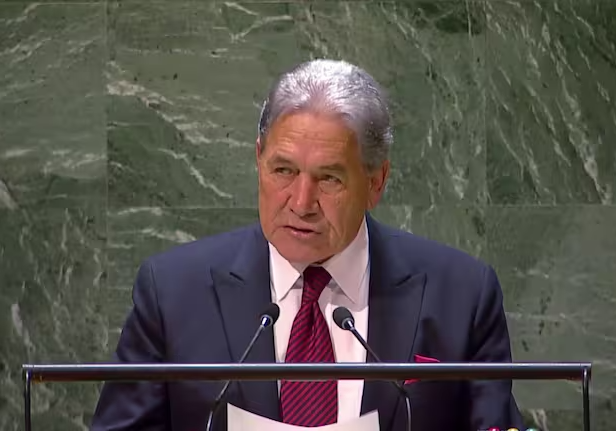Australia/Israel Review
The Last Word: Standing Up on the Bus
Apr 29, 2013 | Jeremy Jones

Jeremy Jones
It was horrible to watch, on an ordinary Sydney bus, on an ordinary day.
A male, chronologically an adult, delivered a racist tirade directed at two other passengers.
A young woman who recorded the incident on her phone told media that the targets of the abuse had done nothing which would have prompted such behaviour. The only trigger for the invective was, it seems, the fact that the victims were of “Korean appearance”.
As shocking as the racism itself was the apparent non-response of most of the people on the bus.
One or two individuals seemed to have expressed opposition to the racist or solidarity with the victim, but the vast majority apparently did their best to stay uninvolved.
In the wake of this episode – and subsequent reports of harassment on public transport and sporting fields in a variety of Australia locales – many thinking, decent people have been asking themselves what they would or wouldn’t have done had they been sitting on that bus.
Would they have summoned up the courage to confront the racist, or had the wherewithal to be effective?
Would they have rallied around the victims? Would that have achieved a purpose?
Those individuals who did make a stand deservedly received praise and, hopefully, will encourage others to do the right thing in the future.
While it received less attention, a similarly admirable stance was taken recently in vastly different circumstances, also within the City of Sydney.
The venue was the NSW Legislative Council, the context a parliamentary consideration of the reports of members of a delegation which visited Israel and (briefly) the Palestinian Authority.
The role of the offensive speaker was filled by ALP Upper House member Shaoquett Moselmane.
He didn’t deliver a stream of racist invective, but a statement on Middle East politics which reminded me of the teenage Trotskyist talking points delivered by keen-to-impress adolescent revolutionaries in the 1980s – in stark contrast to thoughtful and balanced comments he made on the topic in his inaugural speech in 2010.
Perhaps without realising the disrespect he was paying Hamas, he claimed Gaza was “the world’s largest open air prison camp” – apparently unaware that Hamas control the interior and Egypt, as well as Israel, have a say on the exterior boundaries.
He followed this with an analogy between the Islamo-fascist Iranian-directed Hezbollah with anti-Nazi resisters.
This analogy, it goes without saying, paints Israel as Nazi Germany.
In an earlier speech, which did not receive any comment at the time, the parliamentarian had claimed Palestinians had experienced “seven decades of Israeli occupation”, which gives lie to the view that his concern was with the territories Israel came to administer after 1967, but is with the very existence of Israel.
I have known Shaoquett Moselmane for many years and admit I quite like him.
On many issues we are in heated agreement, which is why his advocacy of anti-Israel maximalism, veering on disloyalty to the Party he embarrassed through his words, was so disappointing.
If I had been present and in a position to do so, I like to think I would, there and then, have expressed my disgust at the comparison and surprise that he had lowered himself to give such a speech.
I wasn’t there, but one particularly decent person was.
The person was the Hon. Walter Secord, who sided with morality over confected solidarity, with historical truth over hysterical rhetoric.
Mr. Secord went on the record with his interjected critiques, leaving no one in doubt that while Mr. Moselmane was speaking, he was not speaking for his Party or the Labor movement of the State of NSW.
Walt Secord and Shaoquett Moselmane and many of their parliamentary colleagues have made important contributions to human rights and in advocacy of the concerns of Australians who have experienced disadvantage and discrimination.
For credibility in advocacy of fairness and morality, Walt Secord’s interventions were essential. I hope those who did not immediately join with him will, through future actions, offer acknowledgement for his leadership.
Tags: Australasia






